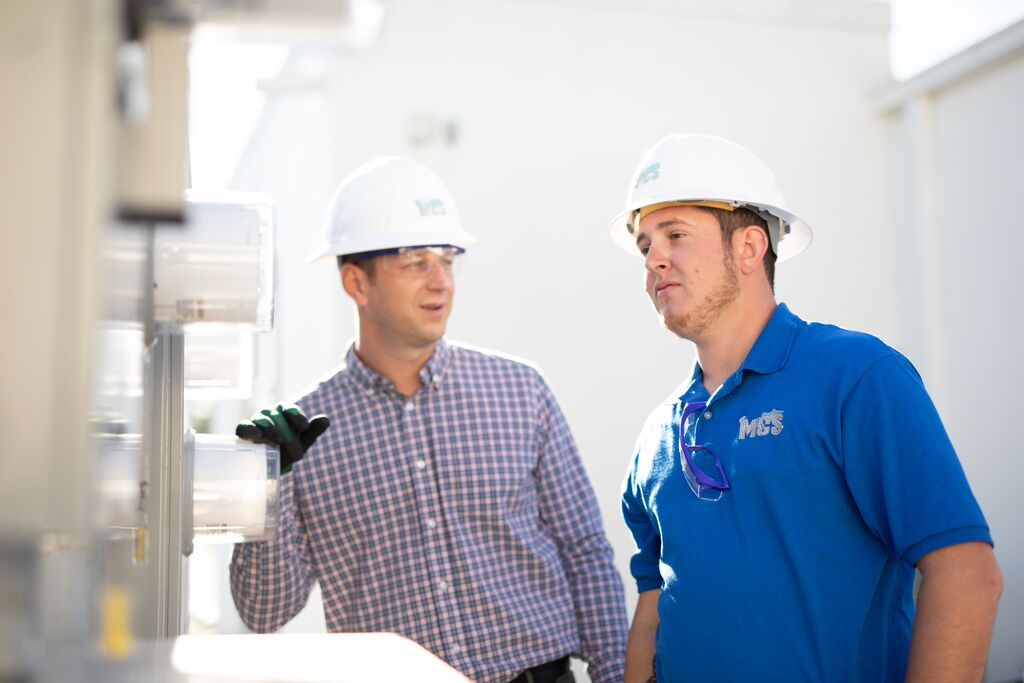Mission Critical Solutions (MCS) is a leading-edge technology solutions integrator, headquartered in Tampa, FL. Established in March 1991, MCS provides a diverse range of technology products and services including information technology, electrical distribution, unified communications, structured cabling, security and life safety systems, and audio-visual solutions. The company specializes in providing state-of-the-art electrical and lighting solutions for new facility construction and for building retrofits.
Chief Operations Officer Russell E. Stone said the company has found success with recruiting by following a rather obvious and simple strategy – don’t lie. 
“That goes for the folks you are looking to hire as well as the ones you have working for you already,” he says. “Our greatest recruiting tool is our current staff. As long as they believe in the company, they will want to bring on their friends and acquaintances. We also bring in staff to talk to some of our higher-end interviewees so the prospective employee can talk to folks who are already here. It’s a simple strategy, but it has been highly effective for us.”
Retention is equally important and, of course, honesty and integrity go a long way to keeping valued employees. Russell says he’s seen a lot of companies struggle with turnover over the years and has seen even more struggles throughout the pandemic.
“I believe the major reason for turnover is that employees want stability and trajectory,” he explains. “They want a company they know they can depend on when things are going well and when they are going not so well, both with the company and the personnel. They look for a company they can grow with and that will help them attain their goals.”
At MCS, Russell says stability is established through diversification in both company offerings and versatile client base. The company offers more than everyday electrical contracting, which he says allows them to pivot regarding revenue, as well as personnel to meet client needs.
“This has allowed us to grow, even when the economy is not ripe for such efforts,” Russell says. “We have focused over the past two years on trajectory, as it was a significant contributor to our loss of talented folks. We find that if we work with our employees to develop a track early on in their careers with MCS, it improves the likelihood that they will stay with us. We then invest in them via manufacturer’s training, industry certifications (IEC), mentoring, and goal setting. Providing them with the tools and support to be successful really helps our employees see us as more than just a paycheck.”
 Russell acknowledges there is no magic pill or single strategy that works for any and all occasions and circumstances, but there is a rule that he follows and that he has instilled in his team: be bowling alleys and not railroad tracks.
Russell acknowledges there is no magic pill or single strategy that works for any and all occasions and circumstances, but there is a rule that he follows and that he has instilled in his team: be bowling alleys and not railroad tracks.
“Our workforce and industry have to be like bowling alleys in that we need to provide our people with a path (the alley) and a goal (a strike),
and then allow them some leeway in how to get down that path (i.e., Brooklyn strike vs. high hit),” he explains. “I remind them that there are times you may end up throwing a gutter ball. If we become too much like a railroad track, any obstacle that gets in the way can easily derail our path to the goal and making any pivots requires a lot of heavy moving and time. Neither of those are good for your people or the organization.”

